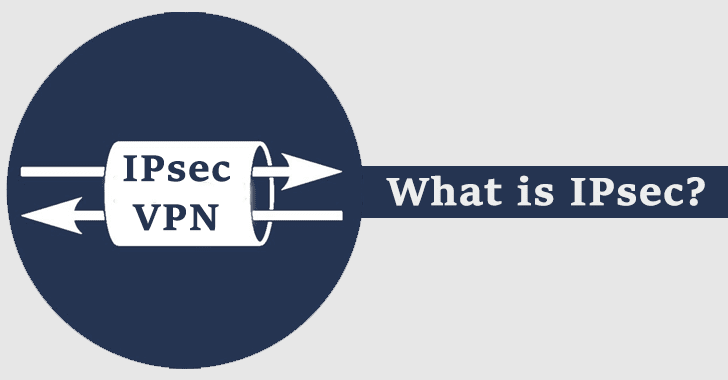Are you wondering what is IPsec? , then this article will help you by providing you the correct information? IPsec stands for Internet Protocol Security, it is a group of the protocol which gets used together to set the encrypted connection between the devices. It also helps to keep the data safe that has been sent through the public networks. It is very much used to set the VPNs and encrypt the IP package along with the authentication.
Usually, ‘IP’ stands for “Internet Protocol”, and ‘sec’ is “secure”. This internet protocol is one type of main routine protocol that gets used on the internet and designed so that it will definitely go by using IP addresses. This is a very secure process because it adds authentication and encryption to this process.
How is VPN connected to IPsec?
Now you might be wondering what VPN is; well it encrypts the connection between two or more computers. This is also well-known as a Virtual Private Network. This connection mainly takes place through public networks, but data will get exchange through VPN, and it is a private process because it gets encrypted.
VPN gives secure access to confidential data and allows them to get an exchange with the public internet. Many employees use VPN access to work with corporate files and applications.
How IPsec Works?
Here you will get few steps; those are below:
- Key exchange: Keys are always necessary for encryption, and they get used to lock (encrypt) and unlocks (decrypt) the message. IPsec is a setup, which a key can exchange between the connection so that one device can decrypt the other device’s message.
- Packet headers and trailers: When data has been sent through the network and broken down into small pieces called packets. It has both payloads where the actual data has been sent, and the computer will receive the packet. It can add several headers which contains authentication and encrypt the information.
- Authentication: IPsec’s primary work is to authenticate each packet, and it works like the stamp of authenticity; it also makes sure that the packets are from a trusted source.
- Encryption: This encrypts the payload within the packet, and every packet has an IP header. It sent data with security and keeps that in private.
- Transmission: Usually, IPsec packets travel all the network since it is a transport protocol. It differs from the IP traffic, and it maximum gets used by the UDP instead of TCP. This Transmission Control Protocol is dedicated to connecting the devices and making sure that the package has arrived. UDP does typically not set up the connection so dedicatedly. UDP allows IPsec packets so that they can go through firewalls.
- Decryption: This is the other end of communication where packets have decrypted, and your application is ready to deliver the data.

Which Protocols get used for IPsec?
In this internet world, the protocol is a specific way to format the data so that computers can interpret the data. IPsec is not the one protocol many are included in it; those are below:
- Authentication Header (AH): This is one type of protocol that ensures that the data packet must come from the trusted source and must have the tamper-proof seal on every consumer product. These type of headers does not provide any encryption which will not help for concealing the data.
- Encapsulating Security Protocol (ESP): It encrypts the IP header and each packet they do payload. Till the transport mode gets used, it has only encrypted for payload. ESP has its header for every data packet.
- Security Association (SA): It is a number that refers to the protocol which had used for negotiating the encryption keys and algorithms. The most common SA protocol is Internet Key Exchange.
Usage of IP Security:
IPsec can be used in many things, those are below:
- It helps to encrypt the application layer data.
- It also provides the security for the routers so that it can transmit the data through the public internet.
- It gives the authentication without encryption, and this data originates from the known sender.
- It protects the network data which set up the circuit by using IPsec tunneling and data get sent between the two endpoints after that it gets connected with the Virtual Private Network (VPN).
Final Thoughts
After studying this article, properly you might be wondering that is the IPsec VPN is correct for me? Then let us tell you that it entirely depends upon what you are trying to do and which type of security and privacy control you need when you are within the organization. VPN always provides a great deal of protection with IPsec.






.webp)